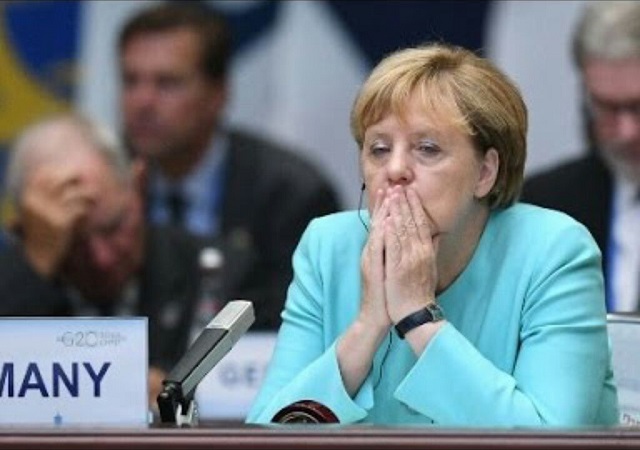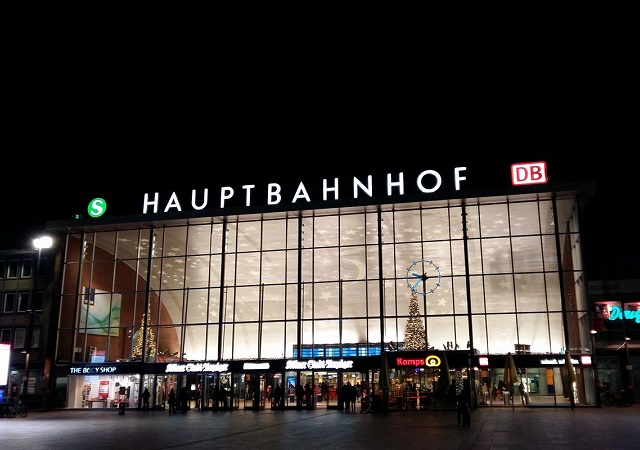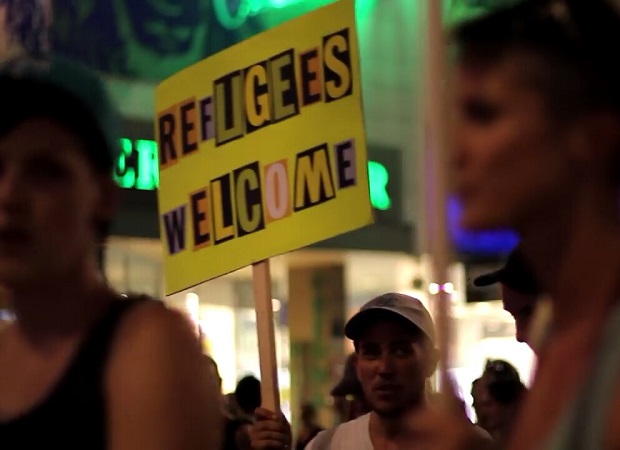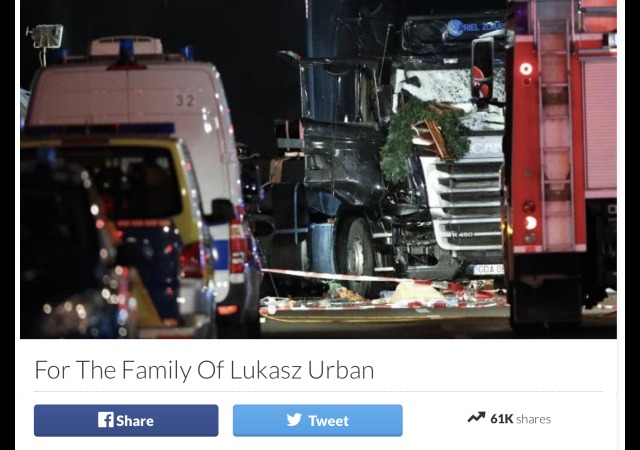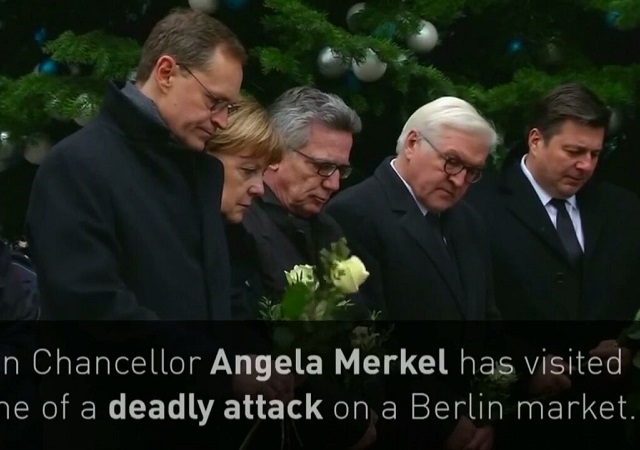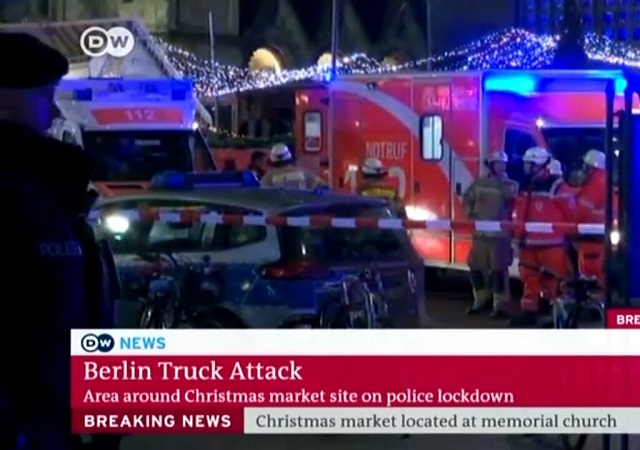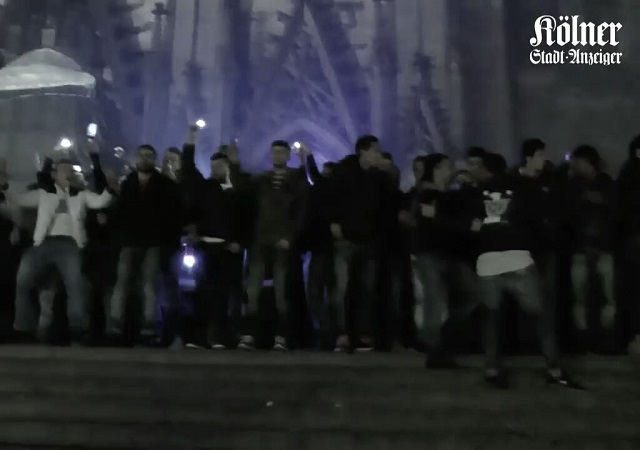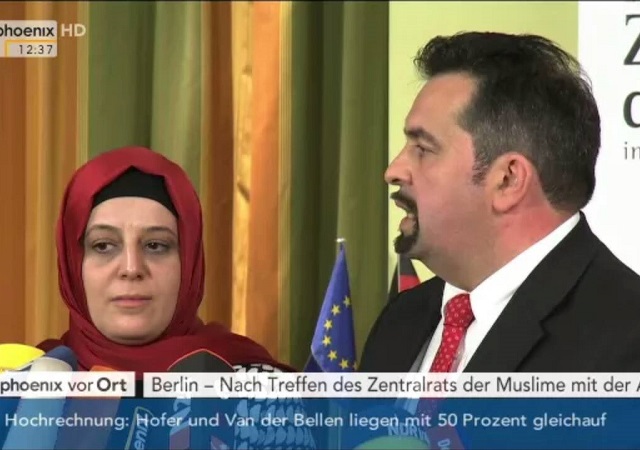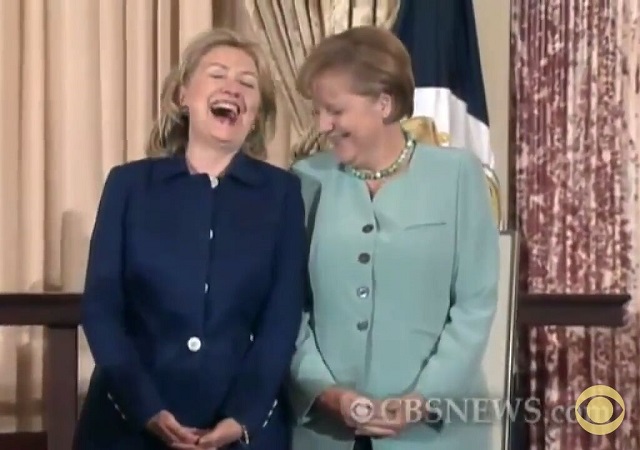Berlin: Details emerge about 2017 New Year’s Eve migrant gang sexual assaults
on January 12, 2017
19 Comments
What should comes as a warning to America, Germany is losing control of its streets thanks to Chancellor Angela Merkel's policy of uncontrolled migration. Details have emerged of coordinated sexual assaults in Berlin, bringing back the memories of last year's mass sexual assaults in the city of Cologne.
Berlin Police initially downplayed the crimes, speaking of just 6 isolated cases. With just eight months to go for German elections, Merkel's government does not want negative press around its "Refugee Welcome" policy. Sexual attacks by migrants gangs took place just two weeks following the Berlin Christmas market attack by a Tunisian "refugee" that killed 12 people and injured 50 others.
On Wednesday, Berlin police revealed the details of sexual attacks carried out by migrant gangs on New Year's Eve, with 23 cases of reported sexual assaults around Berlin's landmark Brandenburg Gate. Police confirmed detaining suspects of Pakistani and Iranian descent.

